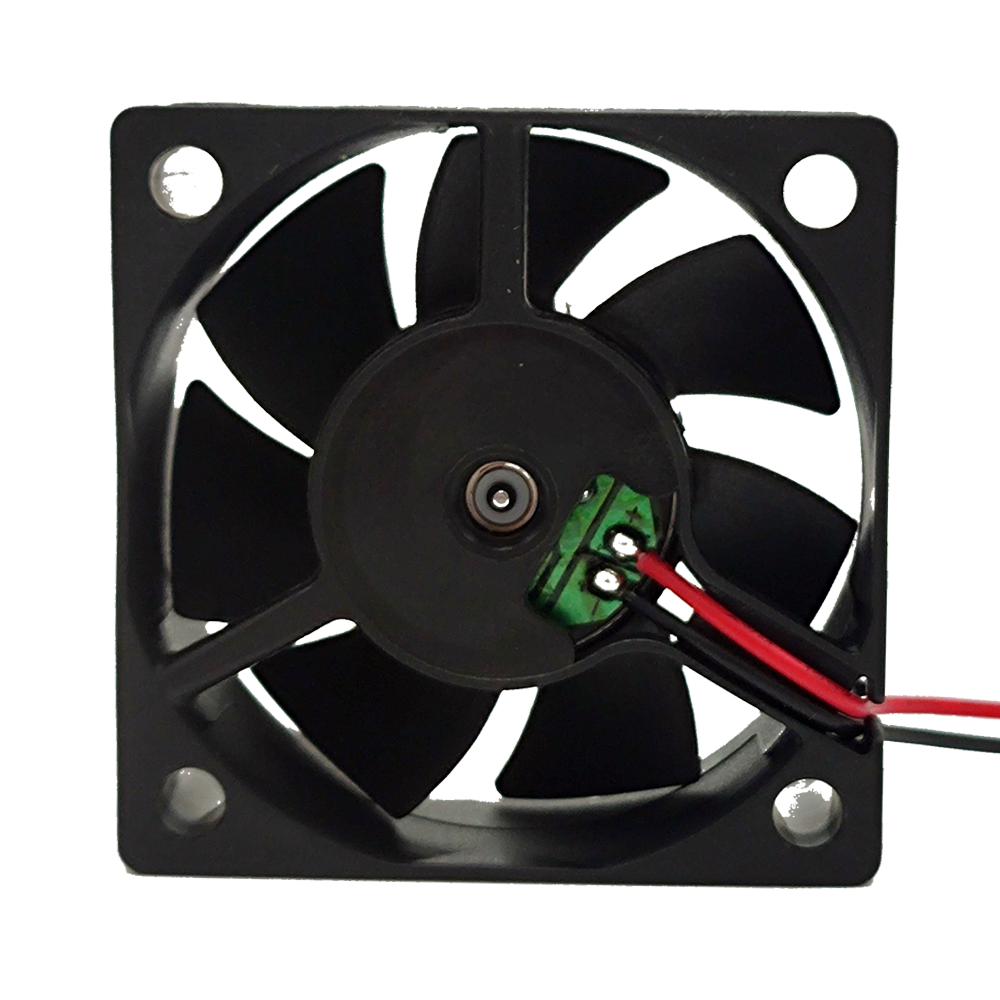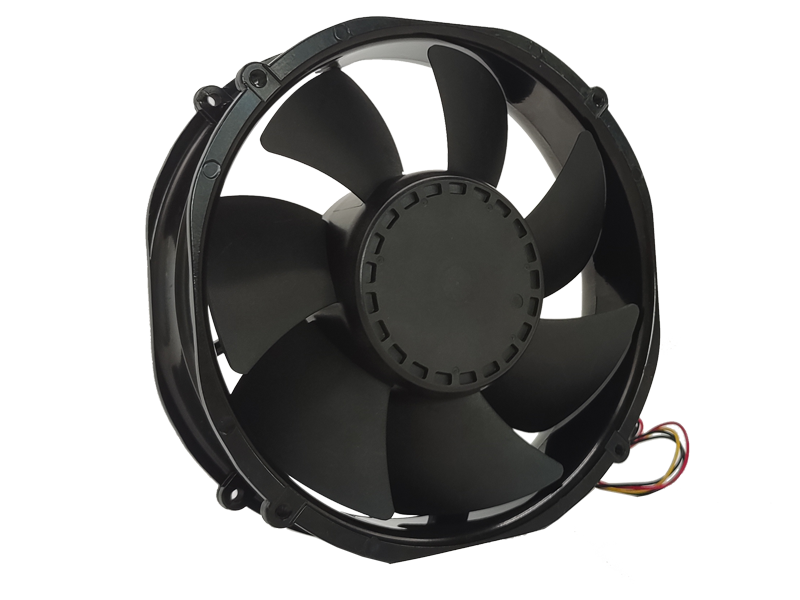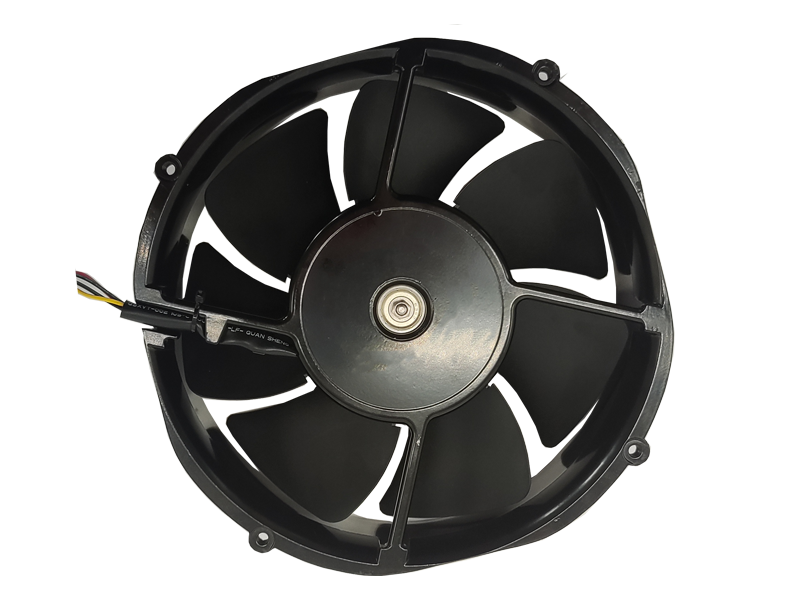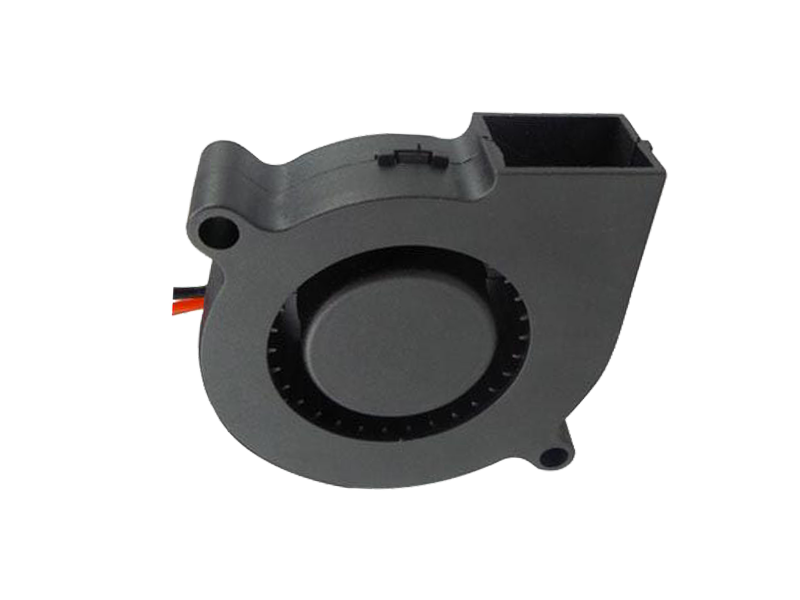Cooling fans play a pivotal role in industrial settings, where temperature management is critical for the efficient and safe operation of machinery and equipment. This article explores the indispensable role of cooling fans in industrial cooling processes, shedding light on their significance in maintaining optimal operating temperatures and ensuring the longevity and reliability of industrial systems. By examining the key functions and impact of cooling fans in industrial cooling, we gain insight into their essential contribution to various sectors and the broader industrial landscape.
Temperature Control in Industrial Environments
In industrial environments, the control of operating temperatures is fundamental to the performance and longevity of machinery, electronics, and manufacturing processes. Excessive heat can lead to accelerated component wear, reduced efficiency, and even catastrophic system failures. Cooling fans serve as a critical component in the arsenal of thermal management solutions, actively dissipating heat generated by industrial equipment, thereby maintaining temperatures within safe operating limits. Whether in the context of power generation, metalworking, or semiconductor manufacturing, the reliable operation of cooling fans is indispensable for preserving the integrity and efficiency of industrial processes.
Enhanced Airflow and Heat Dissipation
One of the primary functions of cooling fans in industrial cooling is the generation of enhanced airflow to facilitate heat dissipation. By drawing in ambient air and directing it over heat-generating components, cooling fans expedite the transfer of thermal energy away from critical machinery and electronic systems. This process prevents the buildup of heat, mitigates thermal stress on components, and ensures that industrial equipment operates within optimal temperature ranges. Moreover, in the realm of industrial ovens, furnaces, and heat treatment processes, cooling fans contribute to rapid cooldowns and temperature uniformity, enabling precise control over thermal cycles and enhancing manufacturing precision.

Reliability and System Longevity
The reliable operation of cooling fans is synonymous with the longevity and operational stability of industrial systems. By effectively managing temperatures, cooling fans safeguard sensitive electronic components, motors, and power electronics from thermal degradation and premature failure. In heavy machinery and industrial automation, cooling fans prevent overheating, preserving the integrity of critical components and minimizing downtime due to heat-related malfunctions. Furthermore, in the context of industrial HVAC (Heating, Ventilation, and Air Conditioning) systems, cooling fans are instrumental in maintaining comfortable working environments for personnel while ensuring the efficient operation of thermal regulation systems.
Diverse Industrial Applications
The significance of cooling fans in industrial cooling transcends specific sectors, finding application across a spectrum of industries and manufacturing processes. In the automotive sector, cooling fans play a central role in regulating engine temperatures, sustaining optimal performance, and preventing thermal-induced damage. Within the realm of electronics manufacturing, cooling fans contribute to the thermal management of semiconductor fabrication, PCB assembly, and electronic testing processes, safeguarding the integrity of delicate electronic components. Additionally, in the context of industrial refrigeration and cold storage facilities, cooling fans aid in maintaining precise temperature control, preserving the quality and shelf life of perishable goods. The pervasive influence of cooling fans underscores their integral role in sustaining the operational integrity of industrial processes.
Future Trends and Innovations
Looking ahead, the role of cooling fans in industrial cooling is poised to undergo further evolution, driven by advancements in materials, aerodynamics, and smart control systems. The integration of advanced materials and aerodynamic design principles promises to enhance the efficiency and airflow performance of cooling fans, optimizing heat dissipation while minimizing energy consumption. Moreover, the convergence of cooling fan technology with IoT (Internet of Things) and predictive maintenance solutions holds the potential to enable proactive monitoring and autonomous optimization of industrial cooling systems, bolstering operational reliability and energy efficiency. Furthermore, the pursuit of sustainable cooling solutions may lead to
the development of eco-friendly and energy-efficient cooling fan technologies, aligning with broader environmental objectives while ensuring robust thermal management capabilities.
Conclusion
In conclusion, cooling fans stand as indispensable assets in the realm of industrial cooling, playing a key role in maintaining optimal temperatures, enhancing heat dissipation, and safeguarding the reliability of industrial systems. Across diverse industrial sectors, from manufacturing and automotive to electronics and refrigeration, cooling fans contribute to the longevity and operational stability of critical equipment and processes. As the trajectory of industrial cooling continues to evolve, we anticipate the emergence of advanced cooling fan solutions that prioritize efficiency, reliability, and sustainability, further solidifying their status as a linchpin of industrial thermal management.
Recommended Products

The main purpose:Car charging station

The main purpose:Car charging station

The main purpose:Electronic refrigerators, water dispensers, direct drinking machines, inverter power supplies
Address:No. 4137, Longgang Avenue (Henggang Section), Henggang Community, Henggang Street, Longgang District, Shenzhen
hotline:13530005572(Chen)15112579390(Li)


Welcome all friends to come for consultation and negotiation.
Copyright 2024 @ Shenzhen Youneng Xinyuan Electronics Co., Ltd.,(industrial fans,industrial blowers,axial fans,cooling fans manufacturer,centrifugal fans,ac cooling fans,dc cooling fans)